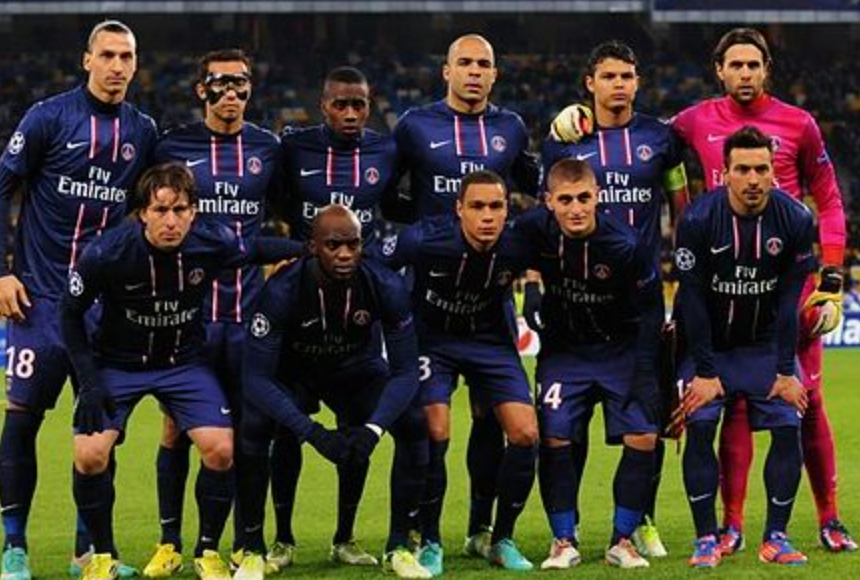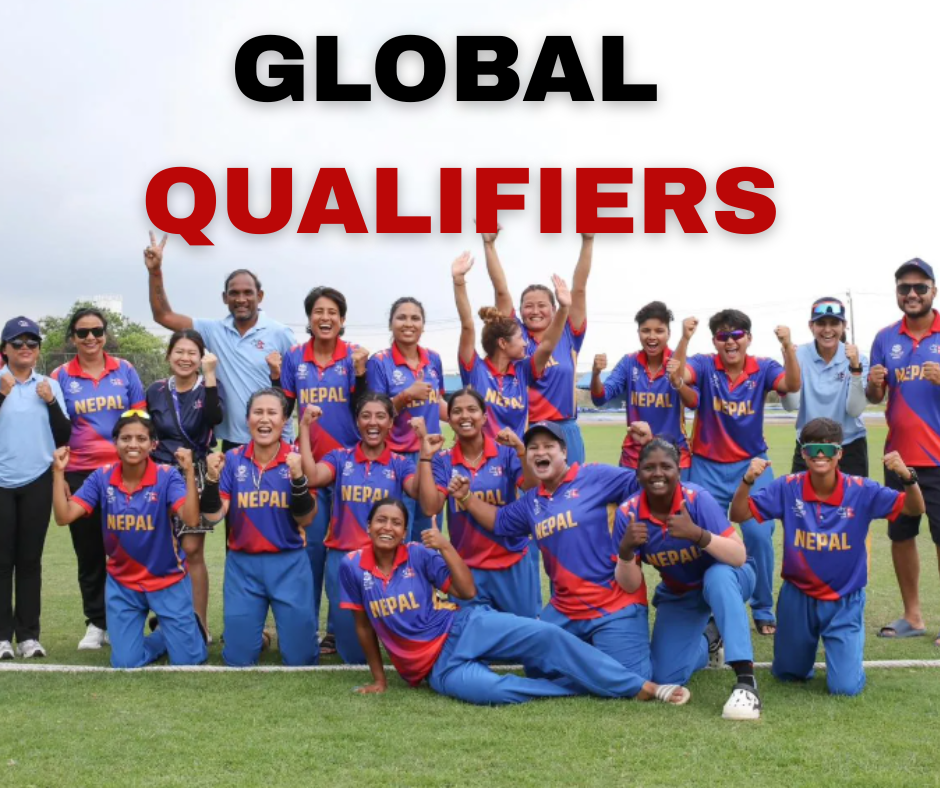Over the past decade, Paris Saint-Germain (PSG) built a reputation as a team of superstars that often crumbled under pressure. Big names like Lionel Messi, Neymar, and Kylian Mbappé were meant to bring Champions League success—but season after season, the results fell short. Today, in 2025, PSG stands on the verge of history, not because of its star power, but because of a complete PSG transformation that has redefined the club’s identity.
The Collapse That Sparked Change

The PSG transformation story took a dramatic turn on March 8, 2023, when Paris Saint-Germain were eliminated from the Champions League in the Round of 16 by Bayern Munich. The defeat was made more painful as former PSG players—Kingsley Coman and Eric Maxim Choupo-Moting—delivered the goals that sealed the club’s exit. Despite fielding one of the world’s most expensive and star-studded frontlines, PSG failed to find the back of the net over both legs.
For supporters, this moment marked a painful but necessary wake-up call—a clear sign that global fame and marquee signings don’t guarantee success on the pitch. This loss would become the catalyst for a complete PSG transformation, both in philosophy and squad structure.
Supporters like Raphaël Messina had grown disillusioned. “We wanted to fall in love again with our club,” he said. The club’s image had become more about luxury, lifestyle, and celebrity than footballing success. It was time for a reset.
Luis Enrique: The Unexpected Savior

Four months later, the PSG board hired Luis Enrique, a former Barcelona manager who had humiliated PSG with the famous 6–1 comeback in 2017. At first, fans were skeptical. But Enrique quickly proved he was the right man to lead the PSG transformation.
With the departure of Messi and Sergio Ramos, and later Neymar and Mbappé, Enrique was given full control to build a team around his philosophy. “As soon as we saw him benching players for poor discipline, we knew this was something new,” said fan Hugo Coll. For once, the coach was in charge—not the players.
A True Team Emerges

Enrique’s biggest achievement was turning PSG into a team—not just a collection of stars. While Mbappé had scored 27 league goals in the previous season, his exit gave way to a more balanced attack. Players like Ousmane Dembélé, Bradley Barcola, and Gonçalo Ramos stepped up, scoring a combined 45 goals this season.
The midfield and defense also improved dramatically. Rising talents like Vitinha, João Neves, Nuno Mendes, and Désiré Doué provided energy and stability. Add to that the flair of new signing Khvicha Kvaratskhelia, and PSG suddenly had one of the most dynamic and hard-working squads in Europe.
The average age of the team dropped, and so did the egos. For the first time in years, fans felt connected to the squad. “It’s a team we’ve grown to love,” said Coll. “They fight for the badge.”
A Cultural Shift at the Club

Beyond the pitch, the PSG transformation reflects a deeper shift in culture. PSG’s Qatari ownership, via Qatar Sports Investments (QSI), had long been accused of “sportswashing”—using the club for soft political influence. But recently, the focus has turned toward building long-term sporting credibility.
By promoting French talent and moving away from overpaid superstars, PSG has become more respected within Ligue 1. Even some rivals, including Marseille supporters, have shown cautious support for PSG’s young French core—something previously unthinkable.
According to French football journalist Jonathan Johnson, this shift in perception is critical: “PSG is becoming more likeable, both in France and internationally. The emphasis on domestic talent and teamwork is changing how people view the club.”
Champions League Final: The Ultimate Test
Now, PSG faces Inter Milan in the 2025 Champions League final. A win would mark the first time PSG has lifted the trophy, and only the second time a French club has done so (after Marseille in 1993). It would also be a defining moment in the PSG transformation—proving that rebuilding around unity and discipline pays off.
Fans like Messina are hopeful: “We’ve cried a lot and suffered a lot. Now, we can celebrate something real—something earned.”
Conclusion: More Than Just Winning
Whether or not Paris Saint-Germain wins the final, PSG transformation is already a triumph. The club has traded egos for effort, swapped fame for fight, and replaced isolation with a true Parisian identity. This is more than just a better team—it’s a new PSG, built on unity, passion, and the heart of the city.”
For fans, for French football, and for the sport as a whole, the PSG transformation shows that success doesn’t come from buying stars, but from building a team.

